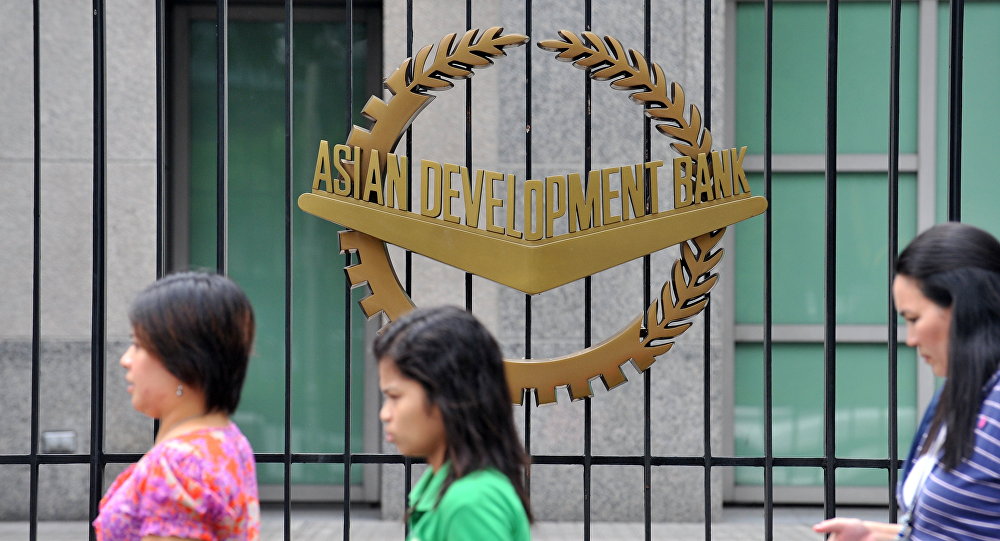The Asian Development Bank (ADB) committed a record $31.6 billion in 2020 to help Asia and the Pacific swiftly tackle the coronavirus disease (COVID-19) outbreak; support a green, sustainable recovery from the pandemic; and address longer-term development challenges, according to press release issued by he ADB.
ADB’s Annual Report 2020, released on April 27, sets out the Bank’s operational and financial results for 2020 as it supported its developing member countries (DMCs) through a year of unprecedented challenges.
“ADB’s assistance is bolstering health systems, protecting vulnerable groups, supporting small businesses, and laying the path for recovery,” said ADB President Masatsugu Asakawa.
“Looking ahead, as we support the region in its recovery from the pandemic, we will ensure that our DMCs rebuild smartly and sustainably.”
The $31.6 billion ADB committed from its own resources in 2020 was 32% higher than 2019’s $24.0 billion. These figures comprise loans and guarantees—including short-term trade finance, supply chain finance, and microfinance—grants, equity investments, and technical assistance, both to governments and to the private sector.
Just over half of ADB’s 2020 commitments, $16.1 billion, was targeted for pandemic response, and the rest was for helping DMCs to address the long-term development agenda, such as advancing gender equality, tackling climate change, and investing in quality infrastructure.
ADB’s $16.1 billion pandemic response in 2020, through a $20 billion package announced in April 2020, was provided in various ways, most notably via a new COVID-19 Pandemic Response Option which had provided quick-disbursing fiscal support to 26 countries by the end of the year. Out of the $16.1 billion, $2.9 billion was for the private sector, which included direct support to companies, as well as through trade and supply chain finance to keep trade networks functioning.
In December 2020, ADB also launched a $9 billion facility to support access to safe and effective COVID-19 vaccines and their equitable and efficient delivery.
While delivering tailored and speedy support to its DMCs to help respond to the extraordinary needs created by the pandemic, ADB also maintained its focus on the goals of its long-term strategy, Strategy 2030, which addresses core development challenges. For example, ADB remains on track to achieve its 2030 target of promoting gender equality in at least 75% of its operations by number.
To fund these record commitments, ADB implemented the largest borrowing program in its history—raising $35.8 billion, including through local currency bonds and green, gender, health, and water bonds. The bank also mobilized record cofinancing of $16.4 billion, which included $10.8 billion for COVID-19 response, from peer international organizations and private financial institutions.
To support informed policymaking, ADB rapidly facilitated the sharing of lessons across its members and accelerated its analytical work. It launched major knowledge resources such as a supply chain mapping tool to help unblock medical supplies and a COVID-19 policy database to support impact assessments and learning, including on green recovery initiatives.
As well as operational and financial data, the Annual Report 2020 also presents the organizational backdrop that helped ADB effectively support its DMCs throughout 2020 and adapt to a new work environment. ADB’s Annual Report 2020 is fully digital and is also available in a mobile-friendly digital format containing rich multimedia content. See www.adb.org/ar2020/digital
Established in 1966, the Asian Development Bank is owned by 68 members—49 from the region.




